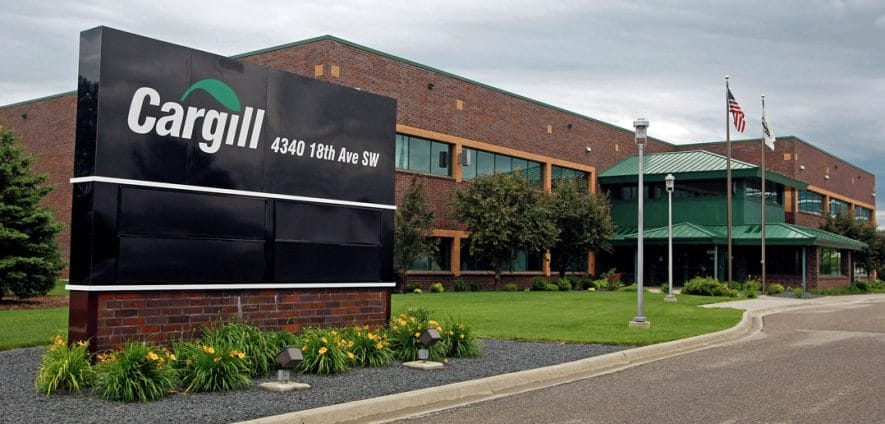They run a number of different business activities. Hence, their revenues are huge. Cargill Agrifood, founded in 1865, is the biggest family-run corporation in the world. Meat industry is one of their core businesses, along with agriculture and food. Their turnover exceeded 109 billion dollars in the last financial year, thus increasing by 2%. Such positive trend was confirmed in the last quarter: the overall turnover amounted to 27,3 billion dollars (+200 million dollars compared to the previous year), and net profits reached 973 million dollars, that is, +14%. In the meantime, Cargill has started up, exclusively, so far, in their Canadian distribution and manufacturing network, a new traceability project. With regard to investments, they have engaged in the project three of their major clients: McDonalds, Loblaw sales network and Swiss Chalet catering group. Thanks to their “intervention”, Cargill will implement an accurate traceability system for their red meat production, starting from livestock in the breeding farm. “It is meant to be an experimental project – point out from the USA – that aims to achieve a quick sustainable upgrade of our Canadian beef industry. It will explore and combine new technologies to trace cattle, following some breeding farms and High River plant, located near Calgary”. Farmers who are going to join the project will be “rewarded to offset higher costs related to the project implementation and execution”. The US giant points out that demand for traceability comes straight from consumers: “More and more frequently, our retail customers, as well as the ones who turn up in restaurants, wonder where Canadian beef comes from and also inquire about cattle breeding”- say from Cargill. “Consumers’ questions reveal their need for information. We have been listening to them. Therefore, our experimental sustainability project, scheduled throughout 2017 and 2018, will help us provide our customers and consumers with deeper trust in the meat they buy and eat”.
US raw material: Cargill’s turnover increases by 2%, while testing new traceability systems in Canada











